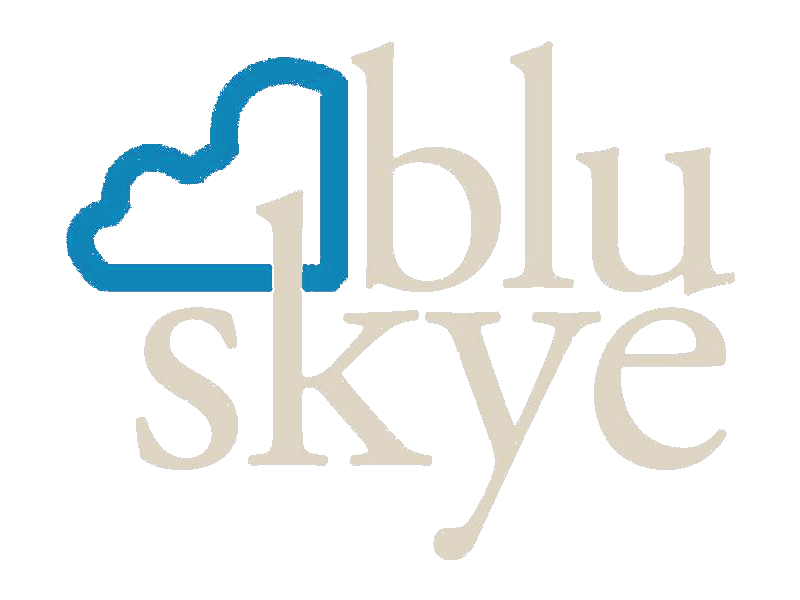
I’m very excited to introduce our next guest, Kris Tompkins. I first met Kris almost 25 years ago when she moved to a remote valley in a southern Chilean rainforest to live with her new husband, Doug Tompkins, where together they would work tirelessly to become the most important Wildlands Philanthropists in recent history. As of January 29, 2018 when the current Chilean President signed decrees legally creating over 10 million acres of new parklands in southern Chile, they and their teams of dedicated Chileans and Argentineans have been directly involved in the creation of 17 new national parks and over 13.4 million acres of new National Parklands in Chile and Argentina.
This historic conservation victory in Chile creating 5 new parks – including two five-star parks created and donated by Tompkins, Pumalin and Patagonia - and the expansion of 3 other existing parks, is bittersweet, because the vision for this ‘network of parks’ spanning almost 2000 km was was brainchild of Kris’ husband Doug, who had presented it to the Chilean president just before he passed away on a kayak expedition in a remote area of Lago General Carerra in December 2015.
Kris’ story is storybook-like. She was born and raised on a ranch in southern California, except for a three-year stint in Venezuela. At age 15, she met and befriended rock climbing legend and equipment manufacturer Yvon Chouinard, who gave her a summer job working for Chouinard Equipment, his climbing gear company. After finishing college in Idaho, where she ski-raced competitively, she started to work full time for what then became Patagonia, Inc. During her 20 years as CEO, Kris helped Yvon build Patagonia into a renowned “anti-corporation” and a leader in the outdoor apparel industry. Recognizing that manufacturing inherently causes pollution, Patagonia became a model of corporate responsibility, mitigating its ecological impacts and educating its customers about threats to the Earth. In 1993, Kris retired from Patagonia, married Doug, and moved to the wilds of southern Chile where she has been creating national parks, restoring wildlife, inspiring activism, and fostering local economic progress as a consequence of conservation. I got the chance to sit with her for a few minutes in Chile earlier this month in the new Patagonia National Park and recorded our conversation to my iPhone with her dog Wacho looking on.
Also, full disclosure, I’m a proud member of the Board of Directors of Tompkins Conservation, the umbrella organization that houses all Kris’ philanthropic activities.
- Jib
About our 22nd Century Leadership podcast:
Our current social and economic systems were designed in and for a different time. Namely the 19th and 20th centuries. A time when there was a lot less people changing life on earth a lot slower and less systematically. Today, each day we add approximately 200,000 new humans to the 7+ billion people occupying our beautiful blue orb floating through space. Add to this the addition of tech innovations associated with machine learning, DNA manipulation, and flash stock trading, and we are living in the midst of a volatile cocktail that has manifest in unusual politics and a broad sense of dissatisfaction.
For the last 15 years we’ve worked with CEOs, corporations, non-profits, foundations, and even a city, on taking action to build long-term resilience and sustainability in light of these trends. Along the way, I’ve met a lot of interesting people engaged in what I’ve come to call the act of History Making. These are leaders who are actively transforming the way that human beings ‘see the world.’ Known examples are people like Steve Jobs, Albert Einstein and Desmond Tutu. In our case, we are going to focus this podcast on a subset of these History Makers. Namely, leaders who are actively working to help people appreciate the beauty, utility and fundamental necessity of a healthy environment to a thriving human economy and existence.
These 22nd century leaders are applying the best of human leadership capabilities to successfully helping their fellow humans through the what is sure to be a very turbulent transition from an economics built for 19th century realities to a society and economics built for 22nd century realities.
